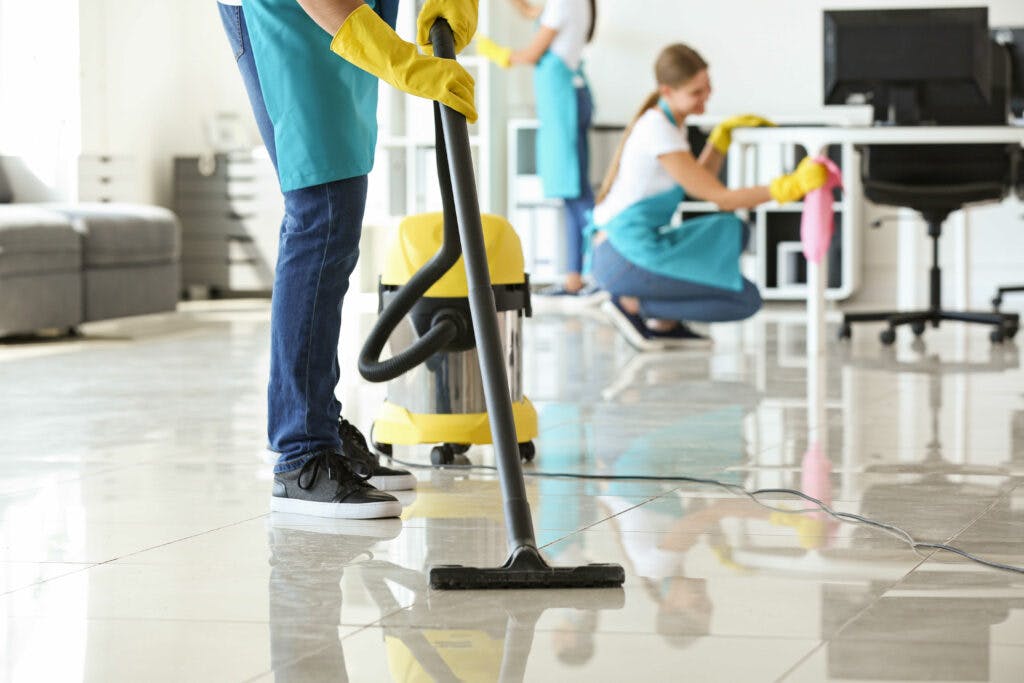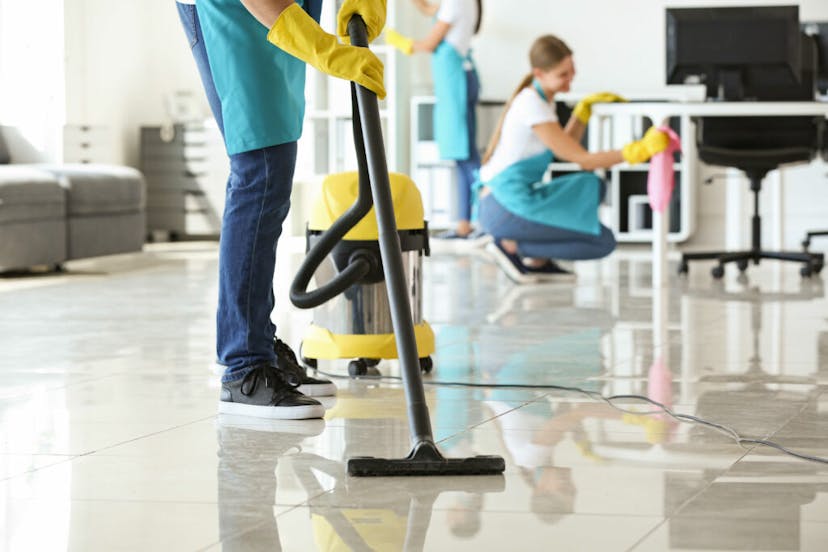Cleaning Equipment Leasing and Financing for Your New Business
Commercial Cleaning

Many use the terms equipment leasing and equipment financing interchangeably. While both concepts are relatively similar, there are features that differentiate them from one another — and it all boils down to who will own the equipment in the end.
Equipment financing involves you (the business owner) applying for financing to buy a piece of equipment. The lenders can offer to finance the entire value of the equipment or only a portion of it. The decision will ultimately depend on your qualifications as a borrower. With this option, you’ll fully own the equipment after you’ve paid the entire loan in full.
Equipment leasing involves the lender buying the equipment directly from the dealer/supplier. The financing institution then leases it to you for a certain time, and you’ll have to pay a monthly rate.
At the end of the lease period, you will have three options: return the equipment, buy it at a lower price, or renew the lease contract. Unless you opt to buy the equipment, the ownership will be listed under the lender’s name.
Equipment leasing offers a lot of benefits that equipment financing doesn’t. The perks are usually what persuade business owners to choose to lease over financing. Read more about these benefits below.
If you’re looking for a low-cost way of obtaining cleaning equipment for your new business, leasing is the way to go. Lenders rarely require a down payment and allow you to spread payments over the entire lease period.
In turn, you can use the extra cash for other investments and startup costs for your cleaning company.
Again, since the lenders own the equipment, they’ll ultimately be responsible for the maintenance and repair of the equipment. Just think of it like renting an apartment where the landlord shoulders the expenses for the repairs.
If you’re working with bad credit or a short business history, which is usually the case with new businesses, equipment leasing can be a more viable choice.
Lenders are typically flexible with their application requirements since they hold the equipment’s title. Business owners can negotiate the rental fee or a longer repayment period.
Equipment can quickly become obsolete. With equipment leasing, you can opt to terminate the lease contract and replace the equipment with a more advanced option. You won’t have to go through the trouble of selling your existing equipment and shopping for a replacement.
There are also a few reasons why equipment financing can be a better choice for some cleaning business owners.
Unlike equipment leasing, equipment financing gives you full ownership of the equipment at the end of the repayment period.
Owning the equipment in itself has a lot of benefits, especially if it has a long estimated lifespan. Additionally, you’ll be able to resolve any issues promptly, instead of waiting days for the owner to handle the repairs.
Equipment financing is a self-securing loan. In other words, the equipment financed serves as the collateral for the loan, and you won’t have to pledge another asset on the line to secure the financing.
The cost of the equipment purchased can also be tax-deductible. According to Section 179 of the Internal Revenue Code, business owners can deduct the total cost of the new equipment in the first year. The exact deduction will depend on which tax bracket you are in within that year.
You can also deduct the depreciation for your business equipment if you’ve had them for a few years.
As a new business, it can be challenging to navigate through the process of equipment leasing and financing. If you’ve decided to apply for equipment financing or leasing, here’s an overview of the steps you need to take.
Find the right leasing or financing company. Be sure to review their reputation and expertise in your industry.
Ideally, it’s better to work with a company that specializes in equipment leasing or financing or one that has a lot of experience in your industry. The latter usually offer the best rates.
After you’ve decided on a lessor or financing company, you’ll need to fill out their application form. You should also have the necessary documentation ready by that time.

The lessor or financing institution will then evaluate your application and notify you of the results. The whole process usually takes a day or two.
If your application is approved, the leasing or finance company will draw a contract outlining the terms. As a borrower, you should review the agreement thoroughly before signing. If you’re uncomfortable with some of the terms, renegotiate them with the financing company.
As much as possible, review the contract with your accountant or lawyer, so you’ll fully understand the terms.
After signing and submitting the documents, you’ll have to wait 24 to 48 hours for the lenders to disburse the funds. Once you receive them, you’ll be able to use them immediately.

Equipment leasing and financing are two viable ways to obtain the equipment you need for your new cleaning company. With the additional funds, you won’t have to dig through your cash reserves to buy or upgrade your equipment.
However, it’s worth reiterating that the two options have their differences. Equipment leasing might make sense if you want to have the freedom to upgrade anytime or want lesser upfront costs.
Financing may be a more viable option if you’re looking to finance long-lasting equipment or something that doesn’t quickly go obsolete. Always consider your needs first before choosing the best funding solution.